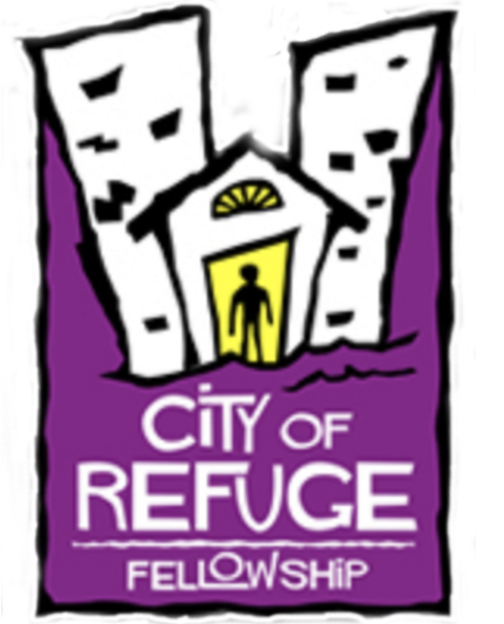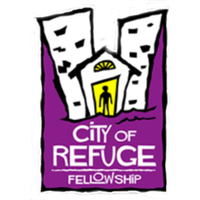“What do you know?” This is a question I ask often. I ask it in counseling, in conversations, in sermons, in Bible studies, in my relationships, “What do you know?” It’s a question that is important not just to ask, but to answer. We live lives that change often, circumstances we never saw come at us before we realize it. We live in a culture that not only changes, but seeks to change, technology is no longer designed to better our lives, but to change them. We live with people who change, who grow, who evolve, who sometimes revert. It is often said that everything changes, and for the most part it’s true. I’m not the same as I once was, you are not the same as you once were, life is not the same as it was a century, a decade, even a year ago, so in the midst of all this change, somebody has to ask, “What do you know?”, someone has to pressure us to give an answer, to remember, remind ourselves and say out loud to witnesses, “This is what I know.” How do we reconcile this question, this idea, this need to stand on what we know, with the reality that “we all see through the glass dimly”, that, as I have often said, none of us know as much as we think we do? Is the dim mirror we look into an excuse or an invitation to not worry about knowledge? Is the statement in Isaiah 55, that God’s ways and thoughts are higher than ours a call to forfeit, to just give up because we won’t understand anyway? To use Paul’s words, from Romans 6:2, “God forbid!” This is not a calling to give up but rather to take hold, to allow all the stuff that changes, that is variable, that is temporary to shake out and to stand firmly on a foundation built upon only what we know, what we are sure of, what has been tried and tested, what has a track record of being true and a promise of always staying true. “What do you know?” The Bible gave us some incredible statements that we have allowed to become trite but were intended to hold us in the midst of changing circumstances and cultures. “Jesus Christ is the same yesterday, today and forever.” “Lo, I am with you always, even to the end of the age.” “I will never leave you nor forsake you.” “The steadfast love of the LORD never ceases.” “The LORD is good, and His mercy endures forever.” “I have loved you with an everlasting love.” James 1:17 sums it up best, “Every good act of giving and every perfect gift is from above, coming down from the Father of lights, with whom there is no variation or shadow of turning.” In other words, God, who He is and what He does, does not, will not, cannot change. In a world in which everything changes, in lives in which everything changes, sometimes without warning and without preparation, in our hearts that often feel so volatile, with emotions that run so hot and cold, one of the most important questions we can ask and answer for ourselves is “What do you know?” In today’s text we will encounter a man whose entire life changed and when it did, no one celebrated, no one rejoiced, no one was excited, but everyone asked questions. No one had sat with him in his sorrow, so no one was found willing to join him in his celebration, they turned his miracle into a spectacle. By the time it was all finished, the man was brought to a simple conclusion, he said, “One thing I know . . .” So, today I will ask you again, and I will ask you often “What do you know?” I pray that by the time we finish we will all be able to stand before our doubts, our fears and the dim mirror we look into and simply say with confidence and assurance, “there is at least one thing I know.”

